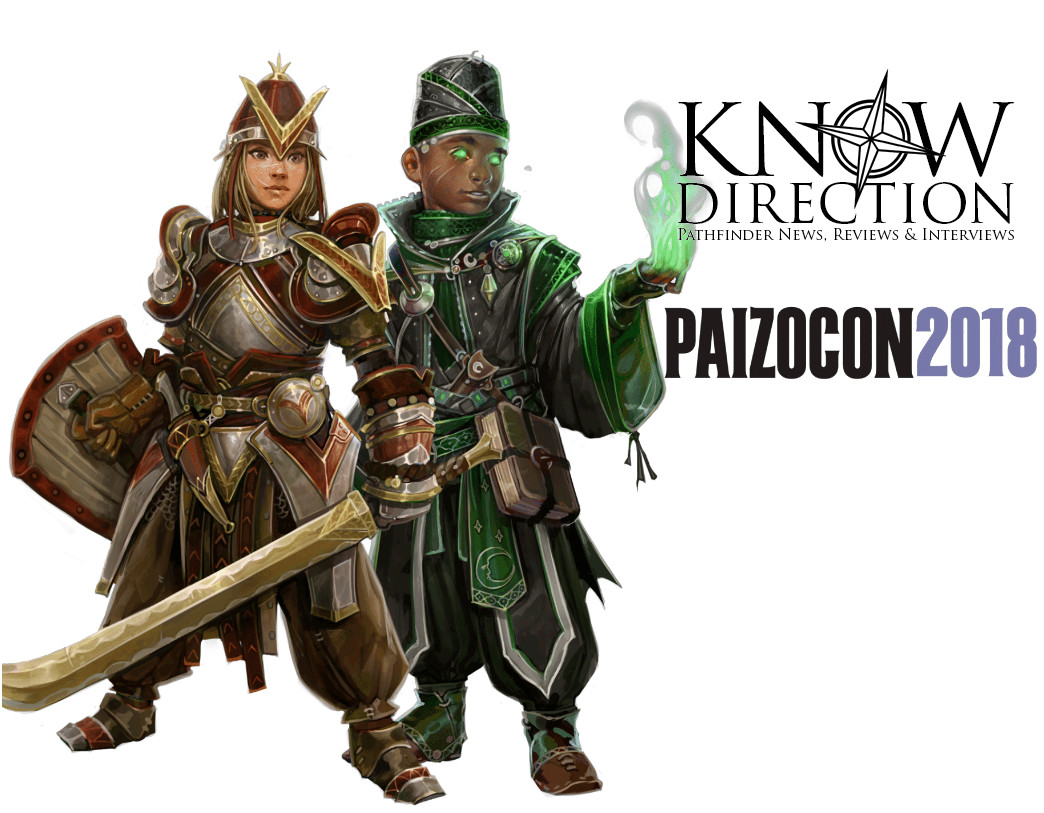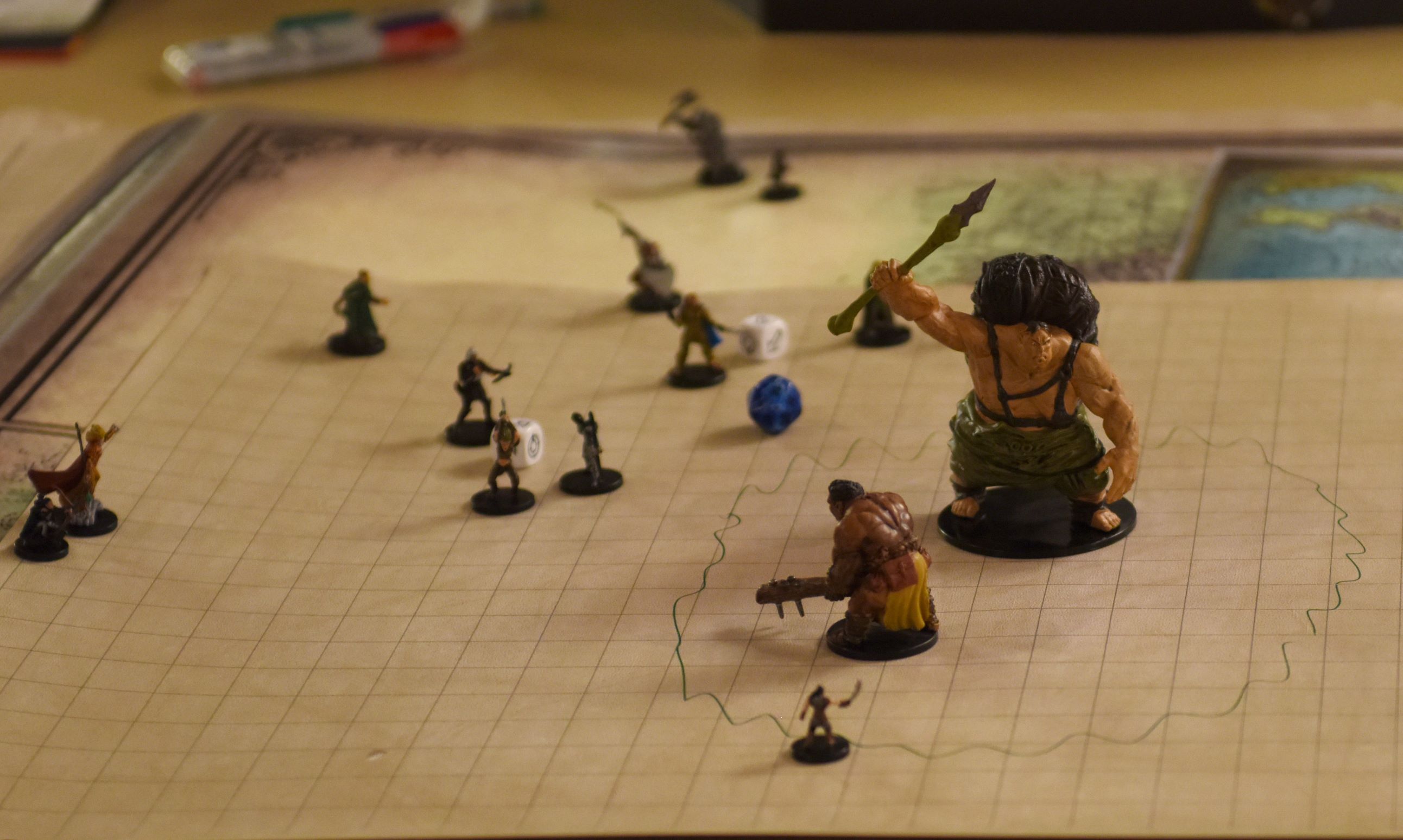Everyone comes to the table with different roleplaying ability. For some players, staying in character is a natural skill. Today we look at how we can help other roleplayers do more in character.
Dear DovahQueen: So I’m a player who’s super into being in character. I was in theater and stuff in high school, done lots of role playing and like really play in character. Some of the other players I regular with don’t really, preferring to talk about what their character does and how but never really put that character on and give them any personal role play detail.
Character character interactions can often be weird and they sometimes get confused by what I’m doing or why because I’m talking from the characters perspective instead of looking to down.
What can I do as a player to coax them into character? Is it bad of me to want others to rp with me? Should I accept there style and just endure these awkward character interactions?–Drama Kid
Dear Drama Kid: This is especially true when you’re bringing a lot of energy to the table. A lot of us come to the game for the opportunity to build these in-depth characters and explore them in a shared narrative with our friends. When you’re putting a bit of yourself in your PC, I think it’s a natural response to expect a similar amount of enthusiasm from the players around you. When it comes to sharing things that we love, as people we tend to feel a *need* for that thing to be appreciated by others in a similar way to the way we appreciate it. If you bring a close friend to your favorite restaurant and they don’t like it the same way you do, it’s likely that you’re going to be a little bit disappointed. This desire for those who share experiences with you to engage in a similar manner is very natural, and it isn’t weird or rude of you, but I do think it’s important to look at the situation from a few different places.
From what it sounds like, people like you and I come to the table for the chance to build interesting and engaging characters who act in the GM’s grand story and experience dramatic character development. This is the way we appreciate the game and nobody would be correct for turning their nose at it. In that same light, not everybody pulls up a seat for the same reasons we do. Some people join a game more to spend time with their friends. Others just generally enjoy the game mechanics over anything else. Now obviously, everyone who loves the game enjoys all of these aspects to different degrees, and that’s ok. It’s easy to feel the undertones of frustration when the players just don’t seem to be as into it as we are, but attempt to find satisfaction in the fact that they may be enjoying the game just as much as us, but maybe for other reasons. That helps me a bit when I’m starting to wonder why I’m the only one that actually seems to care about the story, and if it’s true that they’re just not as interested in the roleplay aspect, you might just have to bite the bullet on that one.
Another thing to consider is a player’s confidence to roleplay their character. You have a history with theater, so you’ve likely got some time spent playing characters, but for a lot of people, this isn’t something that comes easily. For folks with social anxiety, acting out a character might be doubly difficult. Think about trying to roleplay with them in ways that set up easy, comfortable dialogue. Complicated and boisterous expressions may be great for representing your character, but in some circumstances, it could discourage interaction from others left adept in it. Consider actively choosing conversation that encourages a vocal exchange. “Ha! That Lord Woodrow really thought he was something, but I’m not buying it for a second! What did you think of him, Kell?” For someone who lacks confidence, but wants to participate, this could help them find the confidence to engage more often.
It could also be true that they already are doing their very best and maybe just aren’t very good at it. I know of a lot of players who really try hard to roleplay well, but just have a lot of skill at doing fun voices or finding the right words. I know I also have a lot of issues doubting my ability to speak like a character who’s not supposed to sound exactly like I do. If other players struggle to roleplay to the level that they feel is adequate, it’s likely they’re going to roleplay less due to their own discouragement in themselves. Now, this is where you have the most ability to affect change. Go out of your way to give them lines and play off them as much as you can without coming off as patronizing. After the game, tell the group how you loved that one thing they did. A little bit of acknowledgment after the fact can go a long way to building up their confidence in themselves.
Unless a player directly states to you the reason they don’t roleplay the same way you do, it’s really hard to tell what exactly is going on in their head. For this situation, I’d recommend doing all of the above. Actively work to make your roleplaying as conducive as possible to interaction with other PCs. Be mindful that some players are simply doing their best and be a source of encouragement for them. Finally, acknowledge that everyone enjoys something different about the game, and some just aren’t interested in getting super into character, and that’s ok too. Just, try to have fun, and try to help everyone else have fun too. I don’t think you can go wrong with that mindset.
You can request RPG advice or send your questions by email to deardovahqueen@gmail.com or on Facebook.






